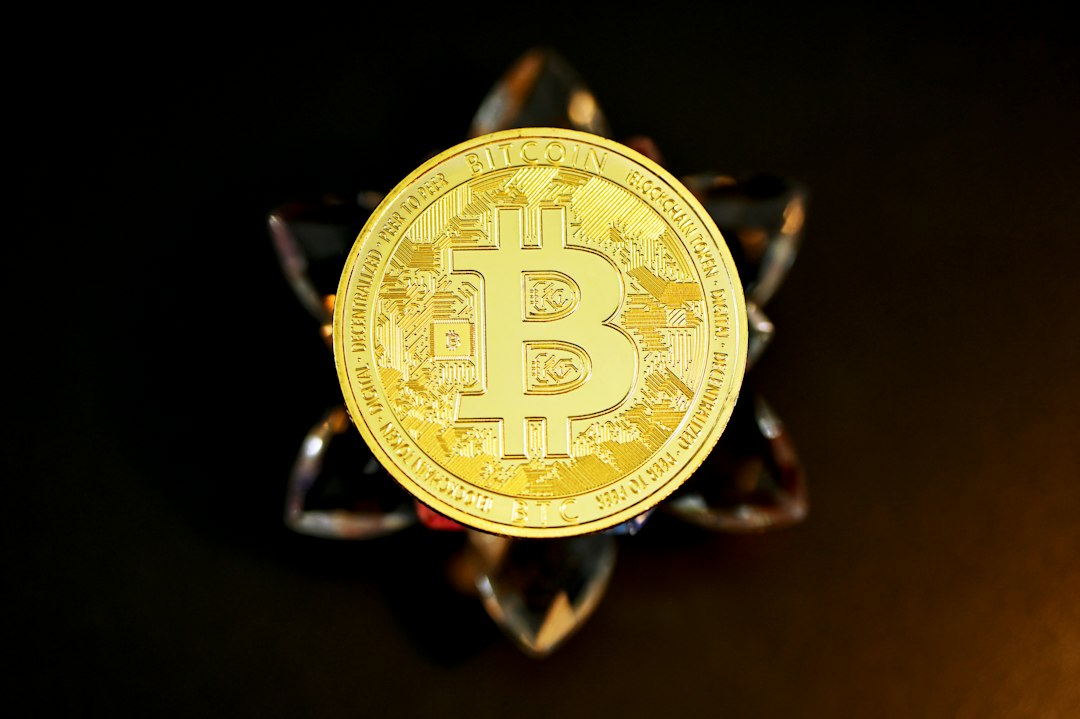North Korea’s Lazarus Group Suspected in $55 Million CoinEx Hack
It is believed that North Korea’s state-backed hacking group, Lazarus Group, is responsible for the recent $55 million hack of cryptocurrency exchange CoinEx. On-chain investigator ZachXBT has revealed that the attackers inadvertently connected their address to the $41 million hack of betting platform Stake.com.
Connection Between Wallets Points to Same Group
ZachXBT discovered an Ethereum wallet address that was likely owned by the hackers behind both the CoinEx and Stake.com attacks. The wallet in question received funds from the hacked betting platform and interacted with the address that received stolen funds from CoinEx.
FBI Confirms North Korea Affiliation
The US Federal Bureau of Investigation (FBI) had previously confirmed that the Lazarus Group, affiliated with North Korea, was responsible for a $41 million theft from Stake.com.
CoinEx Takes Action
CoinEx responded to alerts from on-chain investigators and confirmed that its Risk Control System detected unusual withdrawals from hot wallet addresses used to store exchange assets. As a result, CoinEx temporarily suspended deposits and withdrawals while investigating the hack, which affected Ethereum, Tron, and Polygon blockchains and involved various tokens.
Increased Estimation of Stolen Funds
Initially estimated at $28 million, it was later revealed by Slow Mist’s security platform spreadsheet that approximately $55 million had been stolen in the hack.
CoinEx’s Response and Compensation
CoinEx announced its intention to provide a comprehensive report and detailed timeline of the hack. Additionally, the crypto exchange pledged to compensate all affected users for their losses.
Hot Take: North Korean Hackers Strike Again in Crypto
North Korea’s Lazarus Group continues to demonstrate its cyber hacking capabilities, this time targeting the cryptocurrency industry. With a track record of high-profile attacks, including the recent CoinEx hack, it is evident that this state-backed group poses a significant threat to the security and integrity of digital assets. The crypto community must remain vigilant and take proactive measures to protect their investments from such malicious actors.





 By
By
 By
By
 By
By

 By
By
 By
By